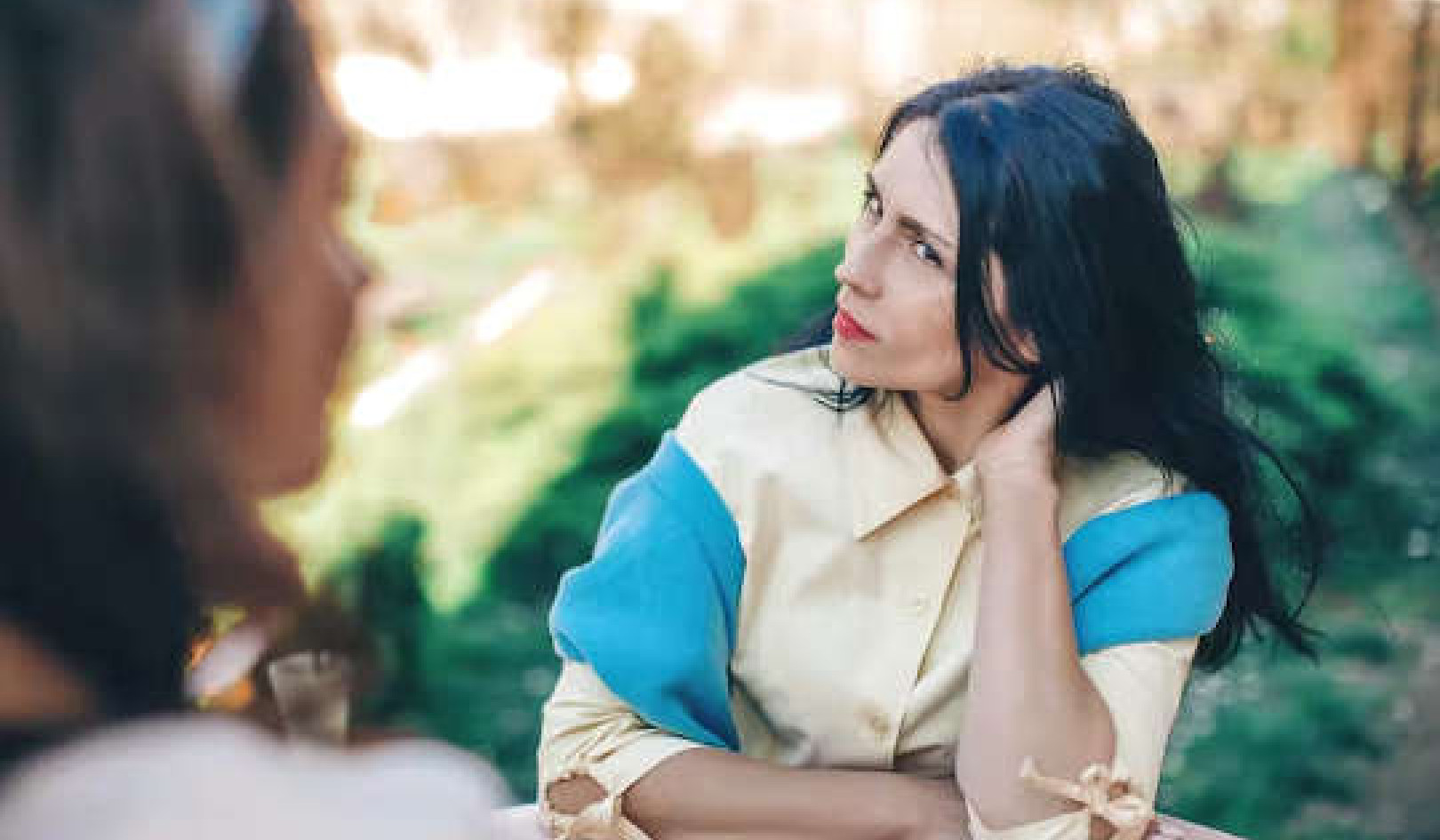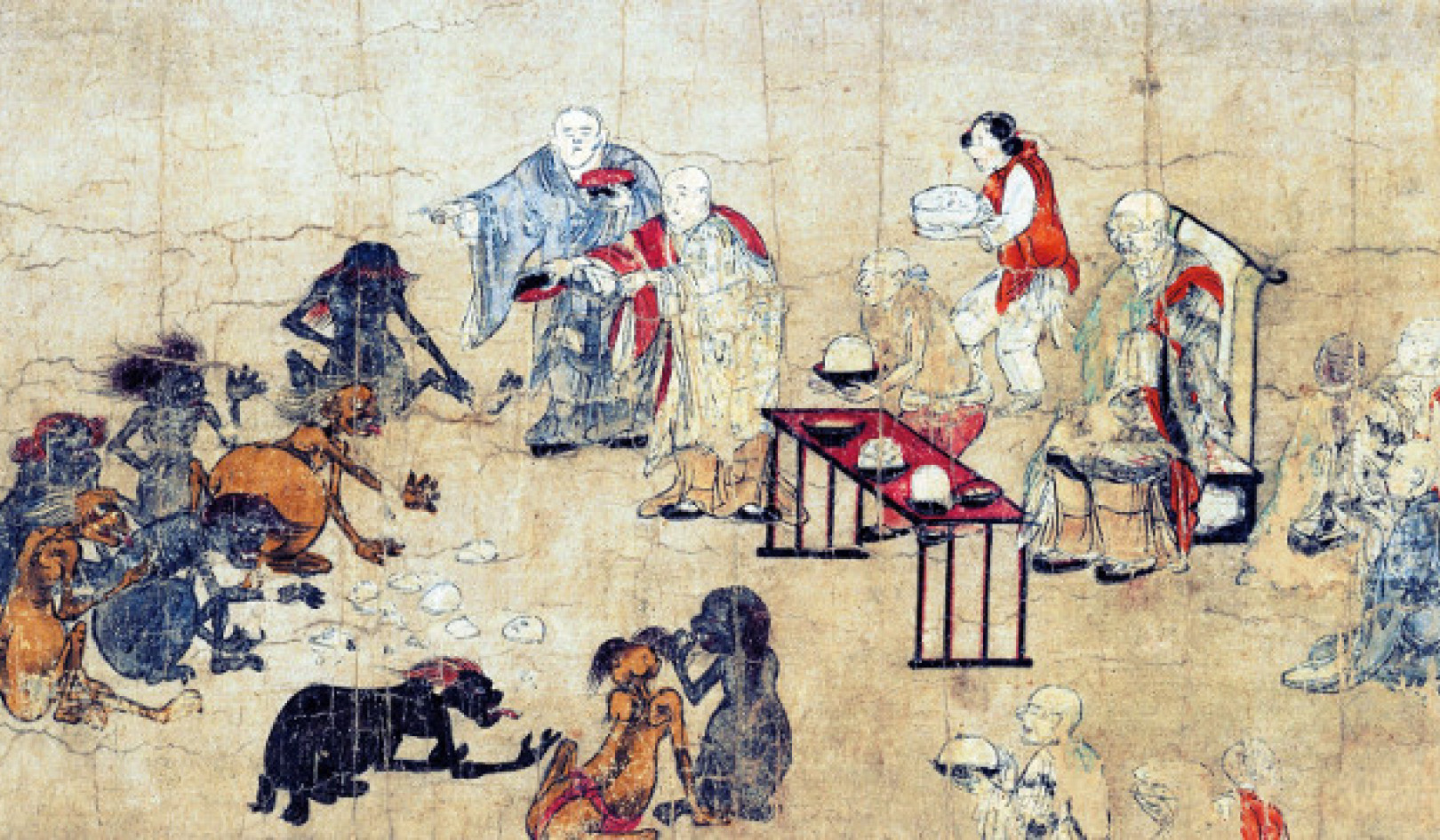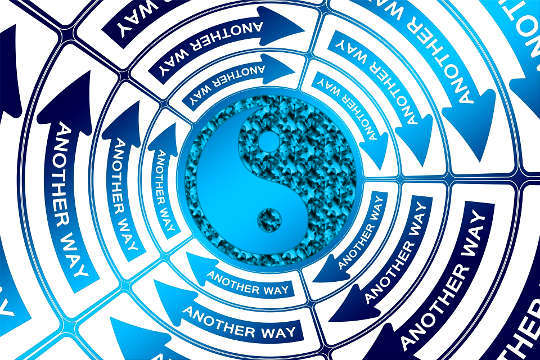
Image of arrowed circle by Gerd Altmann; yin yang image by Dede from Pixabay.
If you were born before the year 2000, you most likely experienced the old reality, which I have come to think of as the outside-in culture. It was the yang era: reality was created externally through shared beliefs, social patterns, actions, and fixed structures. I am glad I got to experience it so thoroughly, though it means that, like many on the planet during this bridge time, I’ve had to rethink my notions of reality and truth.
I am also glad to be able to witness and participate in the shift to creating inside-out culture : the era of empowered yin, when we are being asked to transcend socially assigned truths and realities, black-and-white either/or thinking, and learn to navigate via an inner compass instead. We are being invited to embrace what I call both/and thinking — the recognition that inner truth can generate many diverse outer realities.
As we usher in the new, more yin ways of being and thinking, the goal isn’t just to jettison yang thinking. Instead, we transform it, repurposing what is useful about it while shifting how we respond to it. And we bring in the inner compass, the inner knowing and guidance system built into our bodies, to evaluate what needs to be transformed or repurposed.
What does it mean to transform outside-in thinking and live from the inside out?
Outside-In Thinking versus Inside-Out Thinking
With outside-in thinking, we are taught to turn to experts to tell us what we need and what is correct.
Outside-in expertise emphasizes knowledge, information, facts. This requires us to believe that generic expertise and objective facts can readily be applied to our individual situations. Sometimes these generic truths do in fact apply to us. But more often they are an uncomfortable garment.
With inside-out thinking, I have an inner compass, an attunement to my inner guidance system, that allows me to know which expertise is relevant to my particular circumstances now.
Inside-out expertise is characterized by asking good questions, having flexibility, knowing how to frame an endeavor. Also, when I’m operating within the inside-out paradigm, I make the time to develop my own expertise, taking others’ input into account but recognizing I need a perspective that is tailored to my particular spirit, mind, and body.
Example #1
Daria stands out in my mind as someone who desperately needed to use inside-out thinking and access her inner guidance system. She was an old friend I hadn’t seen for at least ten years who showed up to visit my partner and me in Switzerland. We picked her up at the airport and helped her drag three huge, heavy suitcases to the car.
I was surprised by how Daria looked. She was extremely well-groomed and chic but had large, swollen yellow bags under her eyes and a gauntness I hadn’t remembered. Chalking it up to jetlag, we suggested she get to bed early and invited her to join us for an outing the next day.
Daria emerged better rested the next morning but still with the gaunt look and swollen bags under her eyes. After breakfast, we asked, “Ready to go?” and she said, “I just need about forty-five minutes to take my vitamins.” This mystified us until she fetched a stack of seven fishing-tackle boxes from her room. We watched in horror as she proceeded to swallow upward of three hundred pills!
Then, without a word, she bundled the boxes back into her room and proclaimed herself ready to go.
At that time, I was trying to learn not to give unsolicited advice, so I kept my mouth shut. However, a few hours later, when she was asking about my healing work, she said, “Do you know why I have these yellow bags under my eyes?”
The words “vitamin poisoning” leapt unbidden from my lips. I tried to make it sound less judgmental: “It may be that your liver can’t handle so many vitamins at the same time. Did some practitioner recommend you take all of those?”
“Oh, yes,” she said, “my naturopath.”
“All at once?”
She looked surprised that I would ask that. “No, over the years.”
I suggested mildly that the naturopath probably didn’t intend the suggestions to be additive and that she should perhaps take only the five most relevant ones and hold off on the rest until her next appointment.
Daria was not stupid. She had a PhD in psychology. But no one ever taught Daria how to ask her body which supports it needed when, so she bought into the notion that experts could tell her how to be healthy. She applied the notion of “good nutrients” indiscriminately, thinking in distinctly yang-culture logic that if some was good, more would be better.
She was not alone. “Wellness” is a $4.5 trillion business, much of it focused on selling products and devices purported to make you well. It largely pushes health inputs as the path to well-being. And she believed that since her naturopath, an expert, had told her to take the supplements, they were good for her. Even when her body screamed, “Stop!,” she couldn’t hear it, because she was schooled to follow the advice of outside experts (inaccurately, it turns out) and didn’t know how to hear the inner expertise and feedback of her body.
In outside-in thinking, we are trained to seek gratification through external recognition, praise, or fame that validates our membership in society.
In the yang world, our experiences and perceptions must be recognized by others in order to be considered real. We are more valued if we participate in so-called high-status activities. But in that system, value is usually measured in abstract ways: via money, possessions, size, or the ability to sway groupthink.
With inside-out thinking, I am gratified by my own lived experience, whether or not it is meaningful to others.
If I’m living from the inside out, I celebrate my connections with others, shared successes, and individual accomplishments on their own terms and only secondarily in terms of their value to others. I value the essence of what I have offered to the world, and my experience of offering it, over its demonstrated impact on others.
Example #2
Maya was an MD who came from a long line of doctors. She was happy to join the family tradition, never really questioning it, and she basked in the praise she got from family and mentors as she aced her training and rose rapidly in her profession. At the age of thirty, she was earning great money, respected by her peers, and thinking about starting a family.
But after a two-week bout with a virus, her body began to act up in mysterious ways. She had traveling aches and pains and days when her energy was so crashed out that she couldn’t get out of bed. She went for extensive blood work, but nothing out of the ordinary showed up.
Along with her doctors, she assumed the symptoms would just fade with time. But they didn’t; they worsened, until she was in pain most of the day and none of the medications she tried helped. She finally ended up taking a leave from and then quitting her medical practice.
She suffered in that twilight breakdown for several years, eventually finding the will to try an alternative approach, seeking help with energy medicine.
Maya could describe in detailed physiological terms how her body behaved, as if it were something she was observing. But she couldn’t tune in and feel much beyond the pain. She needed to learn to connect into her body; ask it what it needed, moment by moment; and understand the answers it gave her. And she needed to mourn the loss of her official identity as a successful doctor and allow herself, first, to just not know who she was and, eventually, to discover who she wanted to be from the inside out. This process, of rebuilding her attunement and then her identity from the ground up, healed her body.
This inside-out approach helped Maya reinvent herself and allowed her to break free from the blanket belief that being a doctor gave her meaning in order to find out what, if anything, within medicine gave her meaning.
Too often in our culture, we ask children, “What do you want to be when you grow up?” (an outside-in way of thinking about goal setting) instead of asking, “What makes your heart sing?” (an inside-out approach to cultivating meaning). When Maya made the shift to explore what made her heart sing in specific moments, her body stopped screaming at her, she opened to a larger world of possibilities, and she healed.
Collaborating with Body, Mind, and Spirit
Outside-in perspective dissects the workings of the body-mind down to the granular level and tries to determine the correct inputs to engineer health, wealth, and well-being.
We are encouraged to see the body as an object, maybe a complex machine, and to find the perfect inputs of nutrition, exercise, sleep, and activity that allow our machines to really hum.
Similarly, in the outside-in world we are taught that our mind and spirit need to be tamed and cultivated. We are offered methods to reprogram our minds to hold only positive beliefs about how we can be a successful person, and we are encouraged to pursue spiritual practice almost as a commodity, as a means to enhance our ability to excel in the world.
Inside-out thinking invites me to awaken to and interact with the dynamics of my inner workings, to the moving dance of well-being, health, and abundance, rather than trying to find the correct inputs.
Inside-out thinking allows me to appreciate imperfections, enjoy messiness, embrace mistakes, and try various possibilities to see how they affect me rather than looking for the scientifically “correct” answer. I learn to define health, not in terms of inputs and outcomes, but in terms of how well I can learn from and collaborate with my body, mind, and spirit. If I can focus on the whole spectrum of existence, from soul to mind to body to world and the messy exchanges that happen between these dimensions, this supports my evolution as an embodied soul.
Copyright ©2022 by Ellen Meredith.
Printed with permission from New World Library
www.newworldlibrary.com.
Article Source:
BOOK: Your Body Will Show You the Way
Your Body Will Show You the Way: Energy Medicine for Personal and Global Change
by Ellen Meredith
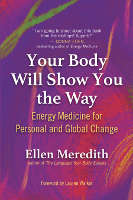 Follow your body’s guidance to heal yourself and your world. Your Body Will Show You the Way provides the inspiring information and practical tools you need to enlist your body’s wisdom for healing and optimum wellness. Complete with stories, explorations, and original energy medicine techniques, this astonishing book will deepen your ability to engage in ongoing creative partnership with your body, mind, and spirit.
Follow your body’s guidance to heal yourself and your world. Your Body Will Show You the Way provides the inspiring information and practical tools you need to enlist your body’s wisdom for healing and optimum wellness. Complete with stories, explorations, and original energy medicine techniques, this astonishing book will deepen your ability to engage in ongoing creative partnership with your body, mind, and spirit.
For more info and/or to order this book, click here. Also available as a Kindle edition.
About the Author
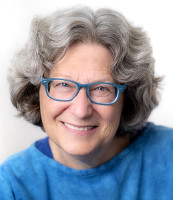 Ellen Meredith is the author of Your Body Will Show You the Way and The Language Your Body Speaks. She has been in practice since 1984 as an energy healer, conscious channel, and medical intuitive, helping over ten thousand clients and students worldwide.
Ellen Meredith is the author of Your Body Will Show You the Way and The Language Your Body Speaks. She has been in practice since 1984 as an energy healer, conscious channel, and medical intuitive, helping over ten thousand clients and students worldwide.
Visit her online at EllenMeredith.com.
























